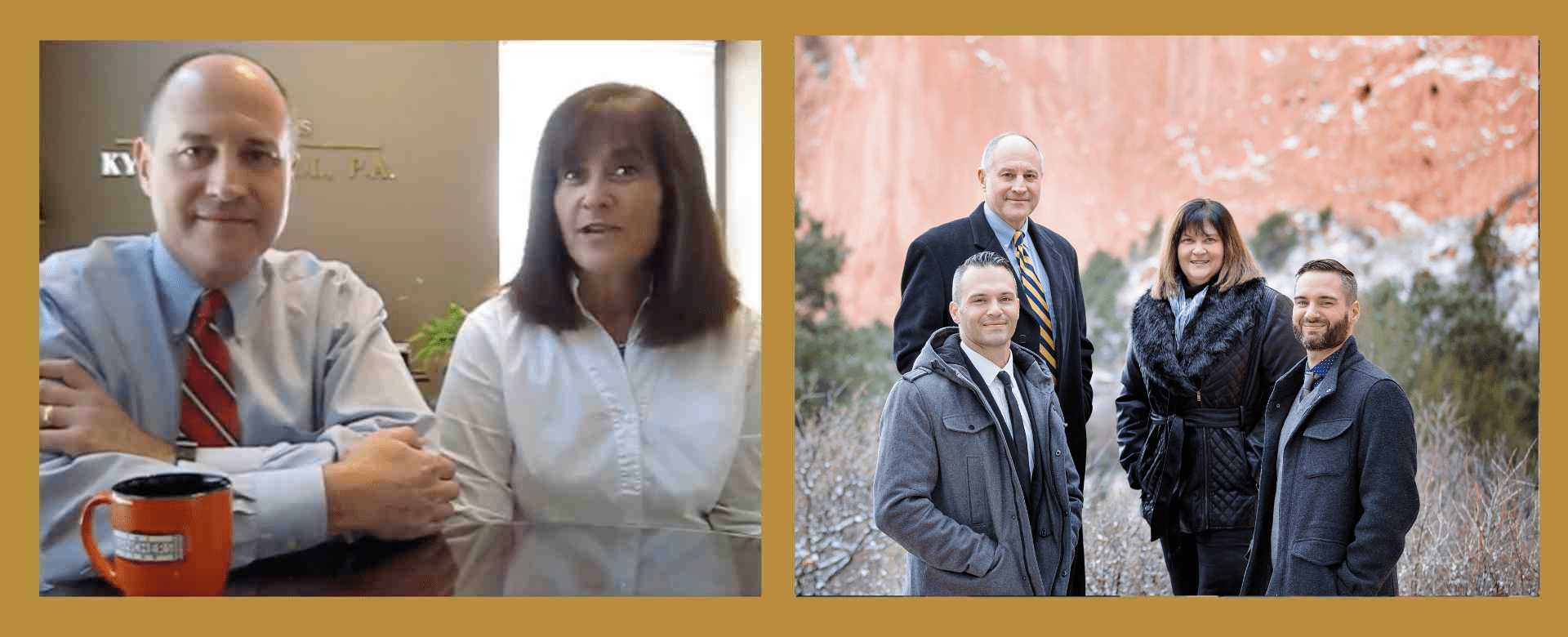Q: Aside from basic follow up, what do you have for automations for a client who did a consultation but is unsure about signing? I already have a monthly newsletter. Thank you!
 This question came up recently in an estate planning forum. If you’ve been practicing in estate planning for a couple of minutes or more … you’ve run into the “Think About It” objection, too. Prospective new client schedules an initial consultation, completes the intake questionnaire, shows up in your office and you spend the better part of an hour with them.
This question came up recently in an estate planning forum. If you’ve been practicing in estate planning for a couple of minutes or more … you’ve run into the “Think About It” objection, too. Prospective new client schedules an initial consultation, completes the intake questionnaire, shows up in your office and you spend the better part of an hour with them.
But … when it’s time to sign the engagement letter … they don’t.
Instead, they say they have to “think about it.”
Now what?
Is there an “automation” that can turn this around for you, once they have left your office?
Truthfully … the chances are really slim.
The real problem is not in the follow-up. It’s in the sales process.
That’s right — your initial consultation — that’s where something went wrong.
Your prospects jumped through a lot of hoops to get into your office for an initial consultation. They were motivated. They definitely were not just “window shopping.” Believe me, nobody goes to talk to a death attorney just for fun. They were not there to be educated. They were definitely not there to think about estate planning.
They jumped through all of those hoops to solve their problem, once and for all.
Their — and your — best chance to do that is in the initial consultation.
Where did things go wrong?
There are lots of possibilities, but this consultation probably went wrong in the Uncover the Problem stage.
When people tell the truth about their anxieties, worries, and fears … and you stand with them in compassion … you get to the real problems that moved them out of their comfort zone of denial and into your office. When they are deeply connected to their needs … (and not until then) … you can show them a perfectly connected solution.
When things go wrong, it’s usually that you didn’t go deep enough in Uncover. When this happens, people only share the surface, or superficial things. They don’t trust you enough to tell you the whole, painful, unvarnished truth. Then, when you show the solution, you are only solving the surface-level problems.
It doesn’t feel urgent … vital … necessary.
In fact, it feels kind of expensive. And time-consuming.
And that is why people put up their buyer’s defenses and say things like, “We need to think about it.”
The answer to the “think about it” objection is not a better email automation.
The answer is a better sales process … and getting better at connecting with people on a much deeper, more authentic level … while you have them right there in your office.
We coach our clients on exactly how to do this — eliminating most objections, handling the few that do come up, and truly serving clients to solve their problems.
Want to know more? Let’s hop on a call.




